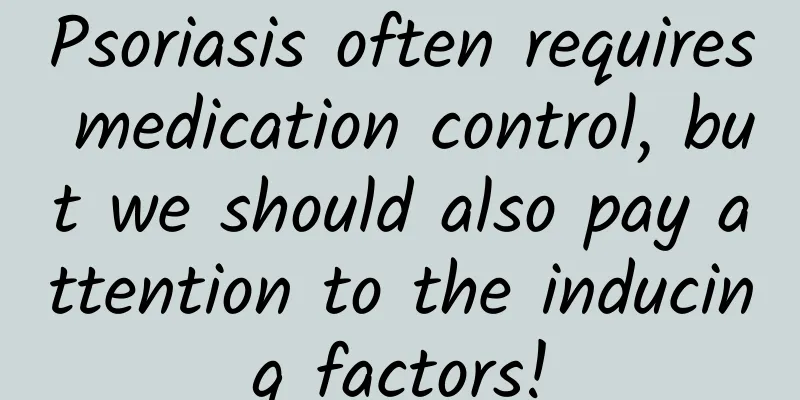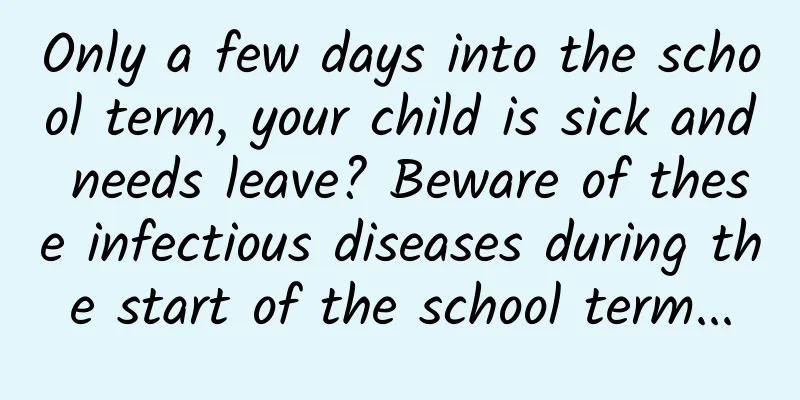Home care guide for elderly patients with coronary heart disease combined with hypertension and diabetes

|
As they age, their physical functions gradually decline, and the risk of suffering from a variety of chronic diseases increases. Coronary heart disease combined with hypertension and diabetes is a common health problem for the elderly, which seriously affects their quality of life and health. In addition to following the doctor's advice, scientific and effective home care is also very important. 1. Diet management 1. Control total calories : Calculate the daily calorie requirement based on the physical condition and activity level of the elderly. Generally speaking, the daily calorie intake should be enough to maintain an ideal body weight, and avoid excess calories that increase the burden on the heart, blood sugar and blood pressure. For staple foods, you can choose coarse grains, such as oats, brown rice, corn, etc. Compared with refined rice and flour, they are rich in dietary fiber, are relatively slow to digest and absorb, and can stabilize blood sugar levels. 2. Limit sodium intake : A high-salt diet can increase blood pressure and increase the burden on the heart. It is recommended that the daily sodium intake should not exceed 5 grams, and the consumption of high-salt foods such as pickles and pickled meat should be reduced. Low-sodium salt can be used when cooking, and natural seasonings such as onions, ginger, and garlic can be used to increase the flavor of food and reduce dependence on salt. 3. Control fat and sugar intake : Eat less animal fat, fried foods, and high-sugar foods, such as cream, cakes, and candies. Increase the intake of unsaturated fatty acids, such as olive oil and fish oil, which can help lower blood lipids and protect cardiovascular health. At the same time, eat more fresh vegetables and fruits to ensure the intake of vitamins and minerals and enhance the body's resistance. 2. Sports Guidance 1. Choose appropriate exercise : Exercises suitable for the elderly include walking, Tai Chi, Ba Duan Jin, etc. These exercises are moderate in intensity, can promote blood circulation, enhance cardiopulmonary function, and help control blood pressure, blood sugar and weight. The frequency of exercise can be maintained 3-5 times a week, about 30 minutes each time. 2. Pay attention to exercise safety : Warm up before exercise to avoid sudden intense exercise that may cause physical discomfort. If you experience symptoms such as palpitations, chest tightness, and dizziness during exercise, you should stop exercising immediately and seek medical attention in time. It is best to choose to exercise 1-2 hours after a meal, and avoid exercising on an empty stomach or after a full meal. 3. Disease monitoring 1. Blood pressure monitoring : Measure blood pressure regularly every day, usually once in the morning and once in the evening, and keep records to understand blood pressure fluctuations and provide a basis for adjusting treatment plans. The blood pressure monitor should be calibrated regularly to ensure accurate measurement results. 2. Blood sugar monitoring : According to the doctor's advice, arrange the blood sugar monitoring time reasonably, such as fasting, 2 hours after meal, etc. For the elderly with unstable blood sugar control, the monitoring frequency should be increased. Understanding the trend of blood sugar changes will help to adjust diet, exercise and drug treatment in time. 3. Observation of cardiac symptoms : Pay close attention to whether there is an attack of angina pectoris, and pay attention to the frequency, severity, duration and inducing factors of the attack. If the angina pectoris attacks are frequent, severe, and prolonged, and sublingual nitroglycerin cannot relieve it, you should seek medical attention immediately and be alert to the occurrence of myocardial infarction. IV. Medication and Nursing 1. Take medicine on time and in the right dosage : Elderly people have memory loss and are prone to miss or take the wrong medicine. Family members should help remind them to take antihypertensive drugs, hypoglycemic drugs, antiplatelet drugs, etc. on time and in the right dosage. Do not increase or decrease the dosage or stop taking the medicine at will. 2. Observe adverse drug reactions : Different drugs may have different adverse reactions, such as antihypertensive drugs may cause hypotension and dizziness, and hypoglycemic drugs may cause hypoglycemia, etc. Closely observe the reactions of the elderly after taking the drugs, and seek medical attention in time if there are any abnormalities. 5. Psychological care Elderly people with the disease are prone to anxiety, depression and other negative emotions, which affect the treatment effect and recovery. Family members should communicate more with the elderly, give them care and encouragement, and let them maintain a positive and optimistic attitude. At the same time, encourage the elderly to participate in social activities, enrich their lives, and enhance their confidence in overcoming the disease. Home care for elderly people with coronary heart disease combined with hypertension and diabetes is a comprehensive process that requires the joint attention of the elderly and their families. Through scientific diet, reasonable exercise, close disease monitoring, correct medication and care, and thoughtful psychological care, the progression of the disease can be more effectively controlled, the quality of life can be improved, and the elderly can enjoy their old age. author: Yang Zhu, Internal Medicine Nurse, Chinese Academy of Medical Sciences and Peking Union Medical College Hospital Xia Ying, deputy chief nurse of the Department of Internal Medicine, Peking Union Medical College Hospital, Chinese Academy of Medical Sciences Ma Fangfang Head Nurse, Department of Internal Medicine, Peking Union Medical College Hospital, Chinese Academy of Medical Sciences Reviewer: Guo Xiaoxiao, Chief Physician, Department of Internal Medicine, Peking Union Medical College Hospital, Chinese Academy of Medical Sciences Produced by: Science Popularization China The cover image of this article comes from the copyright library. Reprinting and using it may cause copyright disputes |
<<: [Emergency Science] What is pneumothorax? Can "lungs explode" really happen?
>>: Alzheimer's disease is more common in girls than boys? New study reveals key factors
Recommend
What is instant oatmeal? How does instant oatmeal help you lose weight?
Among the various grains we eat daily, such as wh...
Are there any differences between premenstrual symptoms and early pregnancy symptoms?
Before menstruation comes, women's bodies alw...
Why does acne appear on the areola? Beware of a disease!
We may get acne on our faces, but some women also...
What should I do if I have stomach pain before my period?
Many women are very afraid of dysmenorrhea. After...
How long can I breastfeed after abortion?
It is possible to get pregnant during breastfeedi...
How about drinking rose and lotus leaves during menstruation
During menstruation, women will be in an unbalanc...
Is it normal to have menstruation before the end of confinement?
Confinement is a familiar thing for many women. B...
What to do if no one takes care of you after abortion
Although abortion is a very common minor surgery ...
What is the cause of the blood in women's vaginal discharge?
Blood in women's leucorrhea is a manifestatio...
What is the cause of long-term bleeding in stool?
It is normal for people to excrete food after eat...
Reasons for frequent urination in girls
When it comes to frequent urination and urgency, ...
Dysmenorrhea massage points
Many women experience dysmenorrhea in their daily...
What are the reasons for early menstruation and less menstrual volume?
For a woman, early menstruation or less menstruat...
Will I still have miscarriage after taking the pregnancy-preserving injection?
Women are very likely to have miscarriage in the ...









![Epidemic prevention behavior guidelines for key groups such as the elderly and children [Scientific epidemic prevention tips]](/upload/images/67f1c6749dc90.webp)